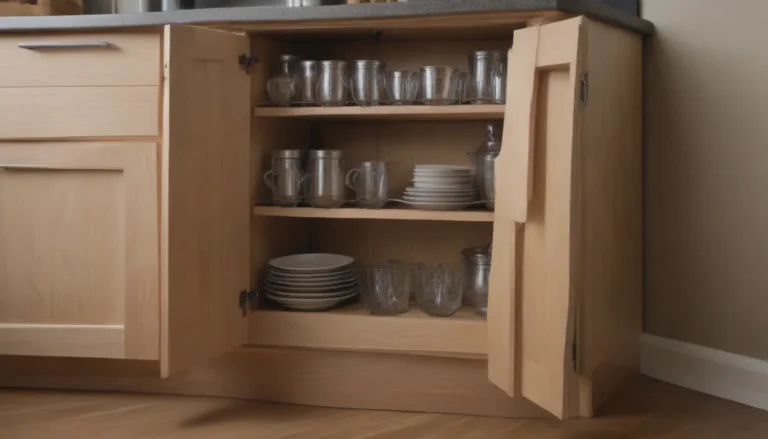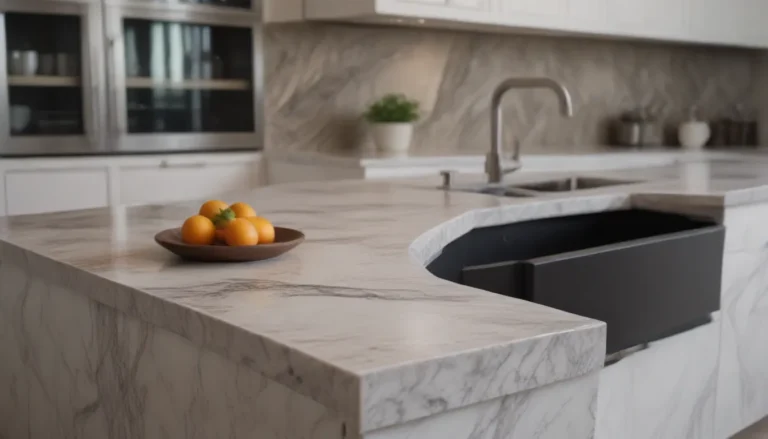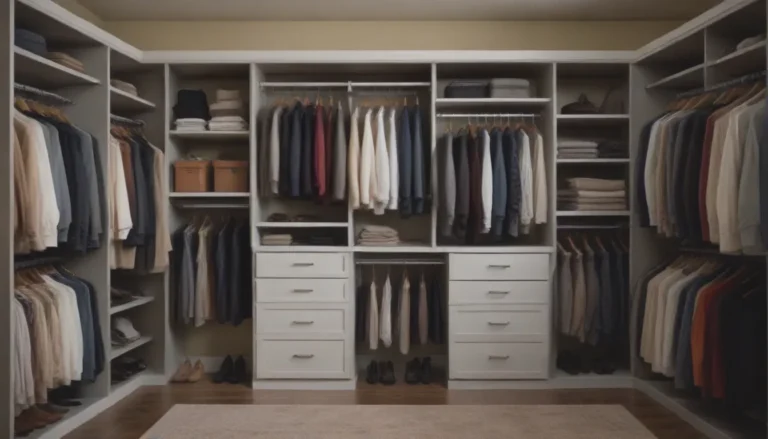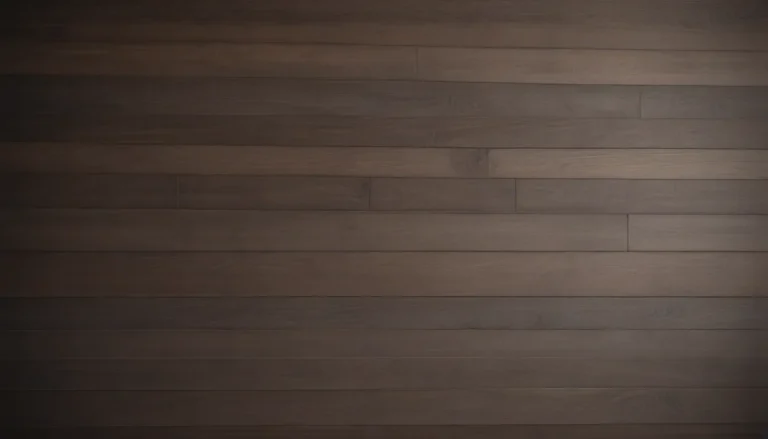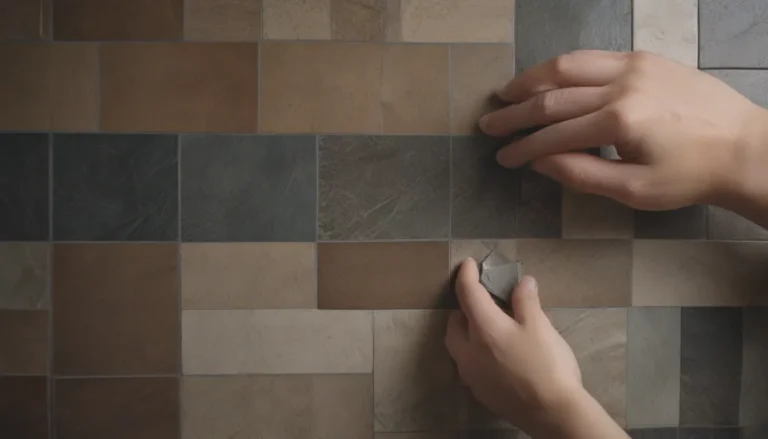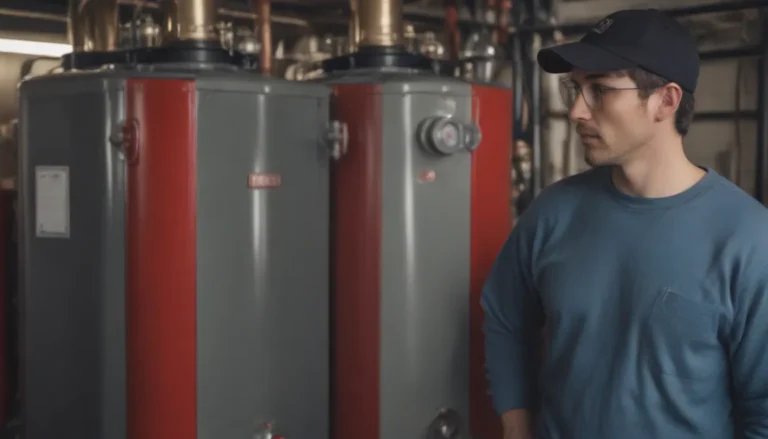What to Skip When Selling Your Home: Expert Tips for a Smooth Sale
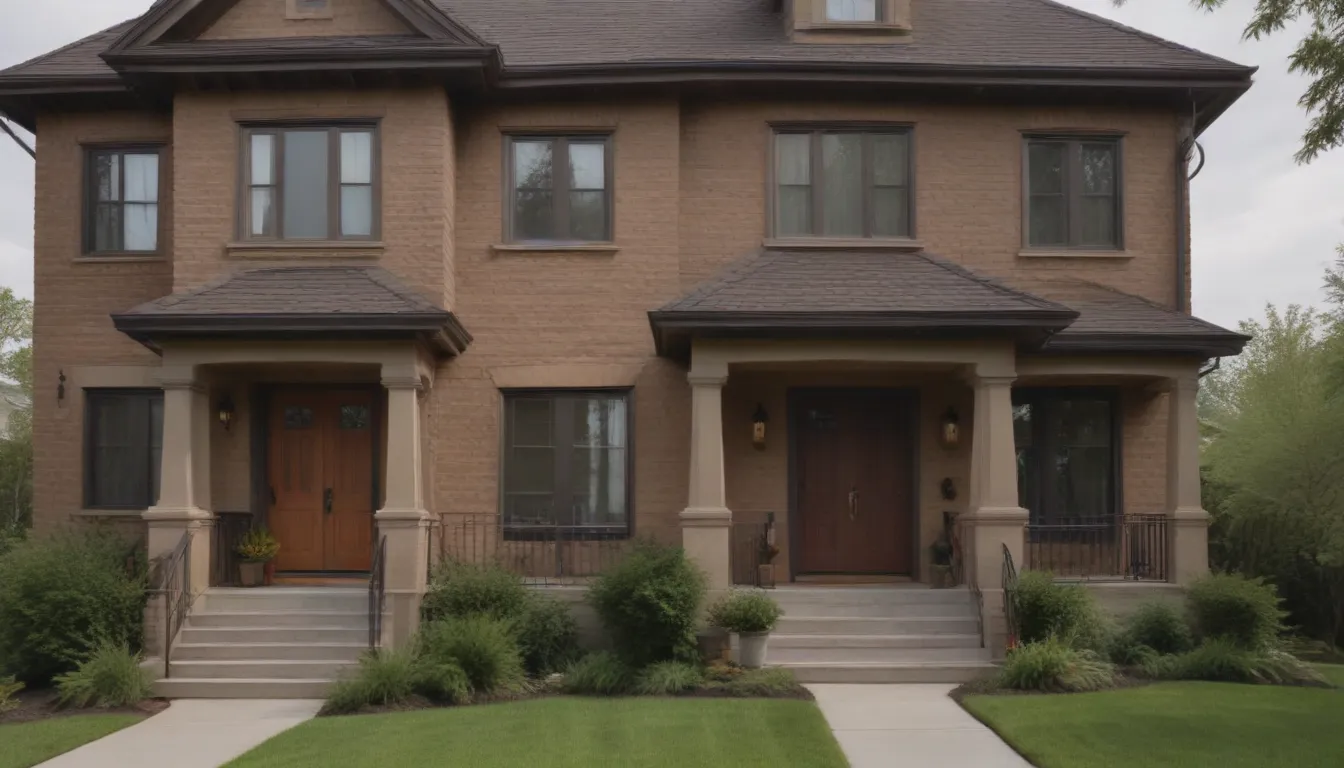
Selling a house can be a stressful and time-consuming process. From staging to negotiating, there’s a lot to consider when putting your home on the market. One crucial aspect of selling your home is knowing what to fix and what to leave as is. Sometimes, leaving certain items untouched can save you time, money, and hassle. In this article, we’ll explore ten tips from real estate pros on what not to fix when selling your house. By following these suggestions, you can streamline the selling process and maximize your profits.
Why You Shouldn’t Fix Everything
When it comes to preparing your house for sale, it’s essential to focus on fixes and upgrades that will actually add value to your property. You don’t want to spend money on repairs that won’t make a difference to potential buyers. By excluding certain items from your to-do list, you can avoid unnecessary expenses and ensure a smoother sales process. Remember, any repairs or upgrades you make should ultimately contribute to a higher sales price or help facilitate the sale.
What NOT to Fix When Selling Your House
Let’s take a closer look at ten things you can skip fixing when selling your house:
- Window Treatments
- Blinds, shades, curtains, and drapes can enhance the look of a room.
- However, if they are broken, dirty, or outdated, it’s best to remove them.
-
Buyers often prefer to choose their own window treatments, so don’t invest in new ones.
-
Appliances
- Large appliances like refrigerators, dishwashers, and stoves can be costly to replace.
- Unless specified in the contract, you are not obligated to repair or replace them.
-
Leave them behind unrepaired, as buyers will likely want to purchase new appliances.
-
Unfinished Spaces
- Unfinished areas like basements or incomplete rooms can be left as is.
- Let potential buyers envision what they could do with the space.
-
Completing unfinished projects solely for the sale is not cost-effective.
-
Floor Coverings
- Instead of replacing worn-out flooring, consider professional cleaning for carpets.
- For hard floor coverings like vinyl or tile, deep cleaning can make a big difference.
-
Solid hardwood floors can be sanded and refinished if severely damaged.
-
Windows
- While new windows can be a selling point, they are an expensive investment.
- Consider having windows cleaned and touch up paint instead.
-
Leaving existing windows as they are is often sufficient.
-
Partial Improvements
- If you have started a renovation project but haven’t completed it, leave it unfinished.
-
Partially remodeled spaces like bathrooms or basements do not need to be completed before selling.
-
Minor Electrical Issues
- Small electrical problems like wobbly outlets can be left as is.
-
These issues may be noted by a home inspector, but they are not critical to address before selling.
-
Home Technology
- While smart home technology is popular, it’s not necessary to upgrade everything before selling.
- Personal items like wireless doorbells can easily be removed and taken to a new home.
-
Focus on highlighting the features that add value to potential buyers.
-
Code Violations Allowed Earlier
- Code violations that were permitted in the past do not have to be updated.
-
Unless required by law, you can sell your home with existing code violations.
-
Remote Places
- Focus your attention on areas that buyers care about, such as the kitchen and bathrooms.
- Remote spaces like laundry rooms or outdoor sheds are less critical to upgrade.
- Prioritize visible areas that make a significant impact on potential buyers.
By following these tips, you can save time and money during the selling process. Remember to consult with your real estate agent to determine which fixes are necessary and which can be skipped. Ultimately, focusing on what truly matters to buyers will help you achieve a successful sale without unnecessary expenses.
